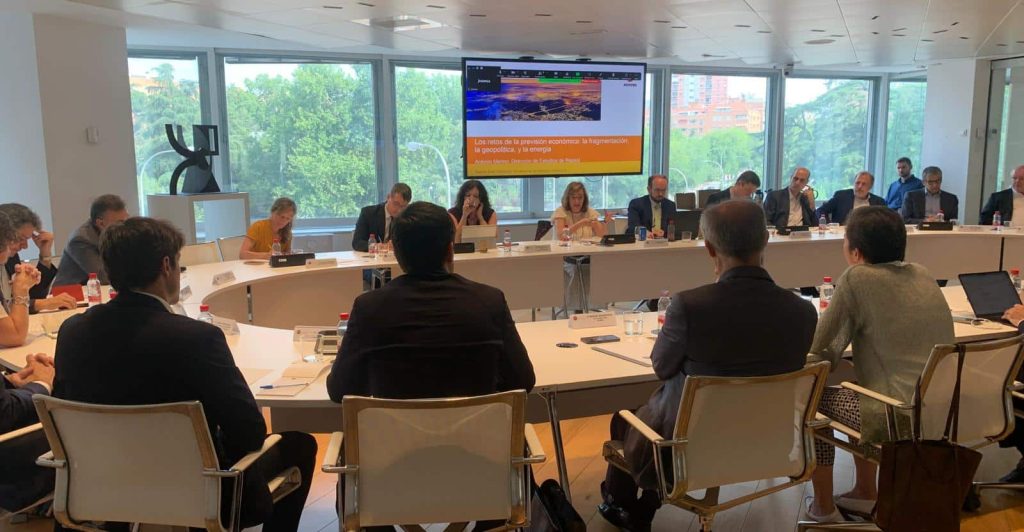
The Independent Authority for Fiscal Responsibility (AIReF) held today a workshop with the country’s main research services to address the challenges of economic forecasting in Spain. The president of AIReF, Cristina Herrero, who opened the session, pledged to repeat the workshop every year so that it becomes a meeting point for generating debate and enriching and exchanging knowledge.
As the president pointed out, economic forecasting has recently gone through a highly complex period, given the difficulty of anticipating such extreme phenomena as the pandemic and of measuring the consequences of the multiple shocks experienced in recent years; the war in Ukraine, the energy and price crisis and the difficult and changing geopolitical landscape.
Both central banks and international institutions have found it difficult to quantify the implications of these phenomena. Independent fiscal institutions such as AIReF have also faced difficult times and have had to adapt their methodologies of analysis. In the future, moreover, these institutions will have to face additional challenges associated with the reform of the European fiscal framework that will require the development of new tools to address the functions conferred on them.
In this context, Cristina Herrero highlighted the importance of holding meetings such as this one to generate debate and to enrich and exchange knowledge. The first session of the workshop featured the participation of Enrique Feás, Senior Researcher at Real Instituto Elcano, and Pedro Antonio Merino, Director of Studies at Repsol, who analysed the implications of geopolitical and trade fragmentation and its impact on global growth. AIReF’s Director of Economic Analysis, Esther Gordo, was in charge of moderating the debate among the attendees.
In the second session, the Deputy Director General for Economics and Research at the Banco de España, Carlos Thomas, analysed the implications of monetary policy for growth and the path of inflation in the short and medium term. AIReF’s Deputy Director General for Macroeconomic Forecasts, Leandro Navarro, moderated the subsequent debate.
And finally, the head of Economic Analysis at BBVA Research, Rafael Doménech, and the senior economist at FUNCAS, María Jesús Fernández, analysed how the recent shocks have affected the potential growth of the Spanish economy and how to improve the analysis of the Recovery, Transformation and Resilience Plan (RTRP) and incorporate the effects of the reforms being implemented in the macroeconomic forecasts. The director of AIReF’s Budgetary Analysis Division, Ignacio Fernández Huertas, moderated the final debate.





